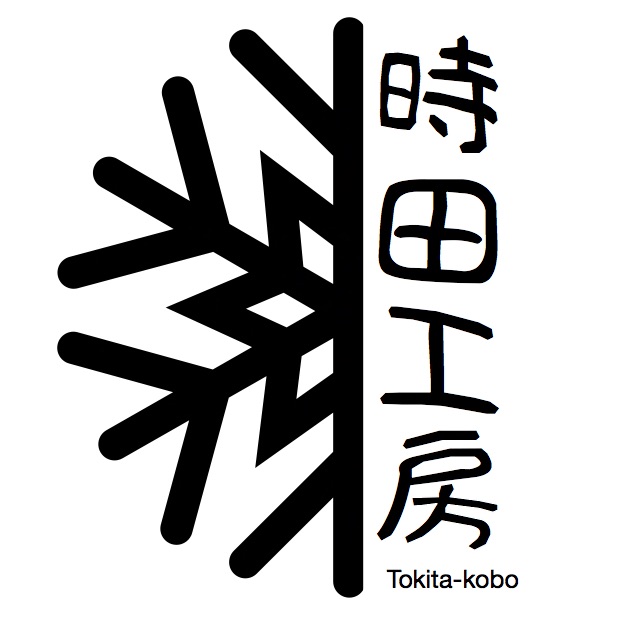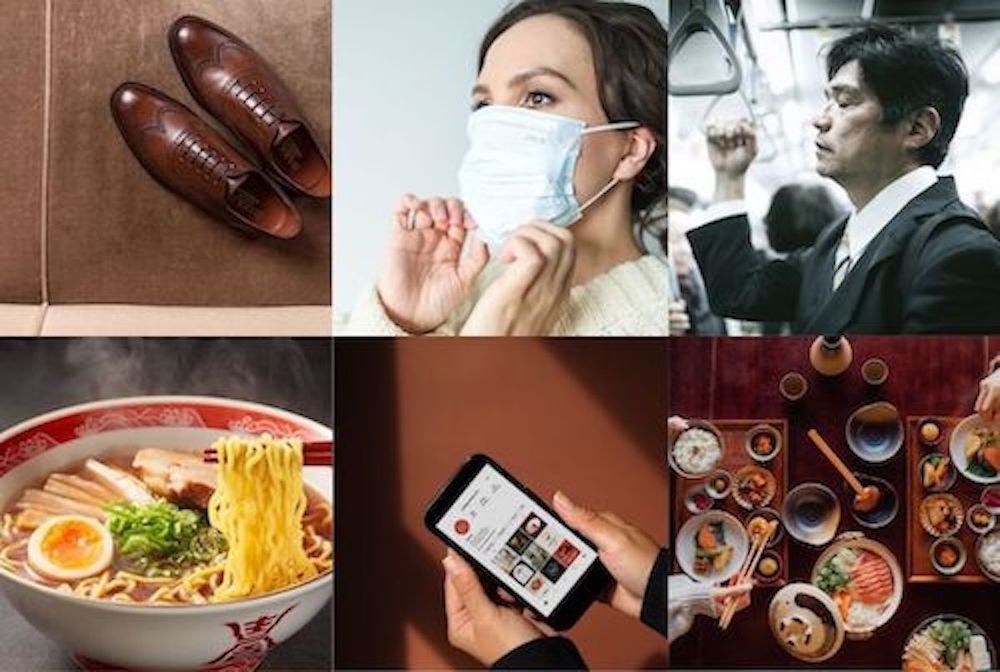Japan is known for its deep traditions, respect for etiquette, and unique cultural habits that may seem unusual to visitors. Some of these customs are so ingrained in daily life that Japanese people don’t even think twice about them! Here are five fascinating habits that might surprise you.
1. Slurping Noodles Loudly 🍜

In many cultures, making noise while eating is considered impolite, but in Japan, slurping your ramen, soba, or udon is completely acceptable—even encouraged! Slurping is believed to enhance the flavor by aerating the broth, much like how wine tasting works. It also helps cool down the hot noodles as they enter your mouth. So, the next time you’re in Japan enjoying a bowl of noodles, don’t be afraid to slurp away!
2. Wearing Face Masks Even Before COVID

Long before face masks became a global necessity, they were already a part of daily life in Japan. People wear masks for various reasons:
✔️ To prevent spreading colds or catching germs
✔️ To avoid pollen allergies in spring
✔️ To hide a bare face without makeup (a secret beauty hack!)
Wearing a mask is seen as a considerate gesture to protect others. This habit, rooted in Japan’s strong sense of social responsibility, has made mask-wearing an effortless part of daily life.
Such a high population density, we help each other not spread their virus.
3. Giving and Receiving Money with Both Hands

This polite gesture reflects Japanese business etiquette, where even the smallest interactions are handled with care and respect.
In Japan, how you handle money is just as important as the amount itself. When paying or receiving money, it’s customary to use both hands as a sign of respect. Many stores and restaurants even provide a small money tray, where you place the bills and coins instead of handing them directly.
We believe that money earned through great effort is precious and should be respected.
4. Nodding and Bowing While Talking on the Phone

A fascinating habit in Japan is bowing or nodding while talking on the phone—even though the person on the other end can’t see you! This unconscious habit stems from Japan’s culture of politeness and respect.
If you ever watch a Japanese person on a phone call, you might notice:
✔️ Slight nodding when listening
✔️ Bowing when thanking someone or making a request
✔️ Using honorific language (keigo) to sound even more polite
It’s proof that manners in Japan extend beyond face-to-face interactions!
5. Sleeping on Trains (Even While Standing!)

Japan’s train system is safe, clean, and punctual, making it the perfect place to take a quick nap. Many workers and students practice “inemuri” (居眠り), or “sleeping while present,” especially during their long commutes.
Some impressive habits include:
✔️ Sleeping while standing! (They balance using the handrails, it should be skillful!)
✔️ Waking up just in time for their stop (A mysterious built-in alarm?)
✔️ Dozing off without fear of theft (Japan has a low crime rate)
Some people set an alarm to wake up one stop before their station.
This ability to nap anywhere is a survival skill for overworked employees who use every moment to recharge!
6. Neatly Arranging Shoes at the Entrance

In Japan, it’s customary to take off your shoes at the entrance (玄関, genkan) before stepping into a home, temple, or some traditional restaurants. But there’s one extra step—you should neatly place them facing outward after removing them.
✔️ This keeps the entrance tidy
✔️ It makes it easier to put shoes back on when leaving
✔️ It’s considered good manners
This small habit reflects Japan’s culture of order and mindfulness, where even something as simple as arranging shoes has meaning!
Japanese Habits: Practical and Polite
What might seem strange to outsiders actually has deep cultural meaning in Japan. These habits reflect a society that values respect, efficiency, and consideration for others.
Have you ever experienced these unique customs? Let us know which habit surprised you the most!

